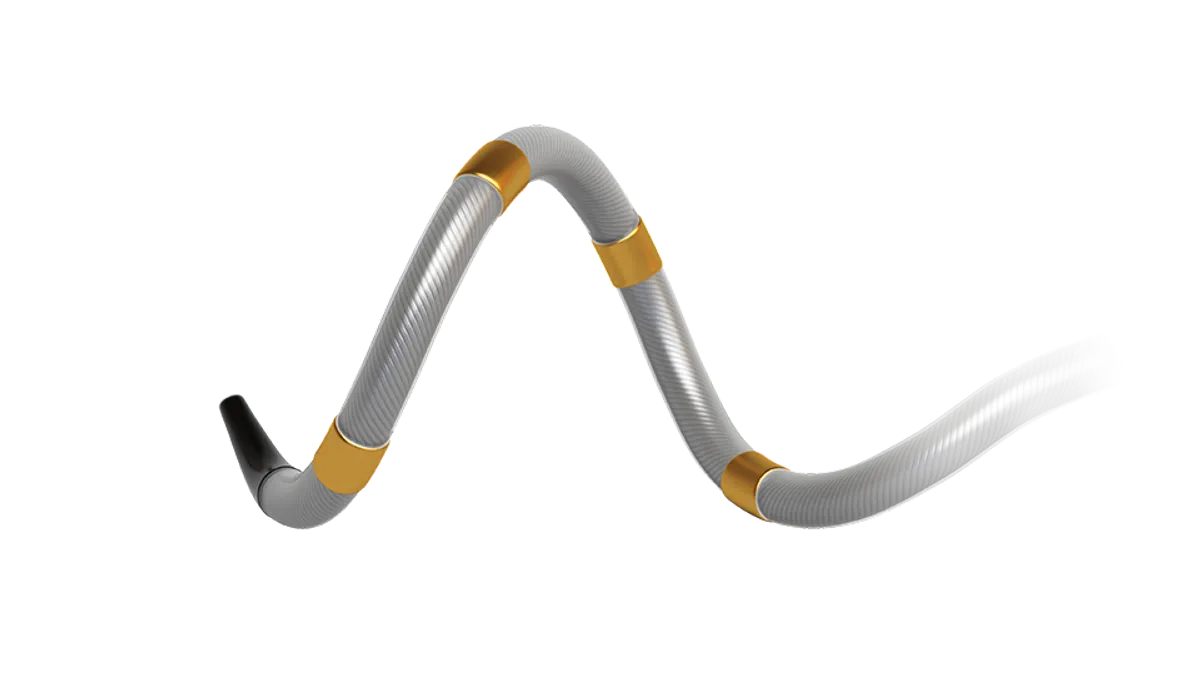The recent recommendation by European cardiologists that renal denervation can be used as a blood pressure treatment for some patients whose condition has resisted drug treatment and lifestyle change could open up a market worth billions of dollars worldwide, as makers of the devices move to begin talks with insurers about reimbursement for the treatment.
“We have to now take this information, and go and talk to government agencies, talk to payers and work our way through that, but this definitely helps,” Jason Fontana, Medtronic’s vice president of global coronary and renal denervation marketing and strategy, said in an interview.
Ultimately, Medtronic expects renal denervation could be a “multibillion-dollar market,” Fontana said, based on the number of people around the world with hypertension who aren’t responding to or taking medication.
But it’s been slow going for Medtronic and its main competitor, ReCor, which has a CE Mark for a slightly different approach to renal denervation.
So far, market share for both companies is small, as they’re “not optimally reimbursed” in Europe, Stifel analyst Rick Wise wrote in an email.
“The big headwind in Europe has been this guideline conversation,” Fontana said. “The first thing payers and insurance companies look at is where do you stand in the guidelines, and it was literally just use it in clinical research. ... We’ve been working to bring patients forward, and at the same time, enrolling some pretty large registries to be able to continue to treat patients, but it’s been more of a slow process.”
On Monday, the European Society of Cardiology and the European Association of Percutaneous Cardiovascular Interventions issued a consensus statement that the procedure could be used as an adjunctive treatment for people with uncontrolled hypertension.
They recommended it for patients whose high blood pressure has not responded to lifestyle changes, and to taking a combination of three or more blood pressure medications. Denervation could also be discussed as an option for people who don’t tolerate taking the medications over the long term, or who don’t want to take that many medications.
“What’s coming out of Europe is patient preference involved in the conversation,” Fontana said, adding that the company found roughly a third of patients would potentially choose an interventional procedure as a treatment.
In the U.S., where Medtronic has filed for Food and Drug Administration approval of the device, societies will also play an important role. The National Kidney Association is in the process of updating its position on the procedure, and the ACC and AHA are also expected to put out position papers, Fontana said.
ReCor also recently shared an analysis of three trials, which it hopes will make a case for renal denervation as it and parent company Otsuka Medical Devices wait for an approval decision from the FDA.














